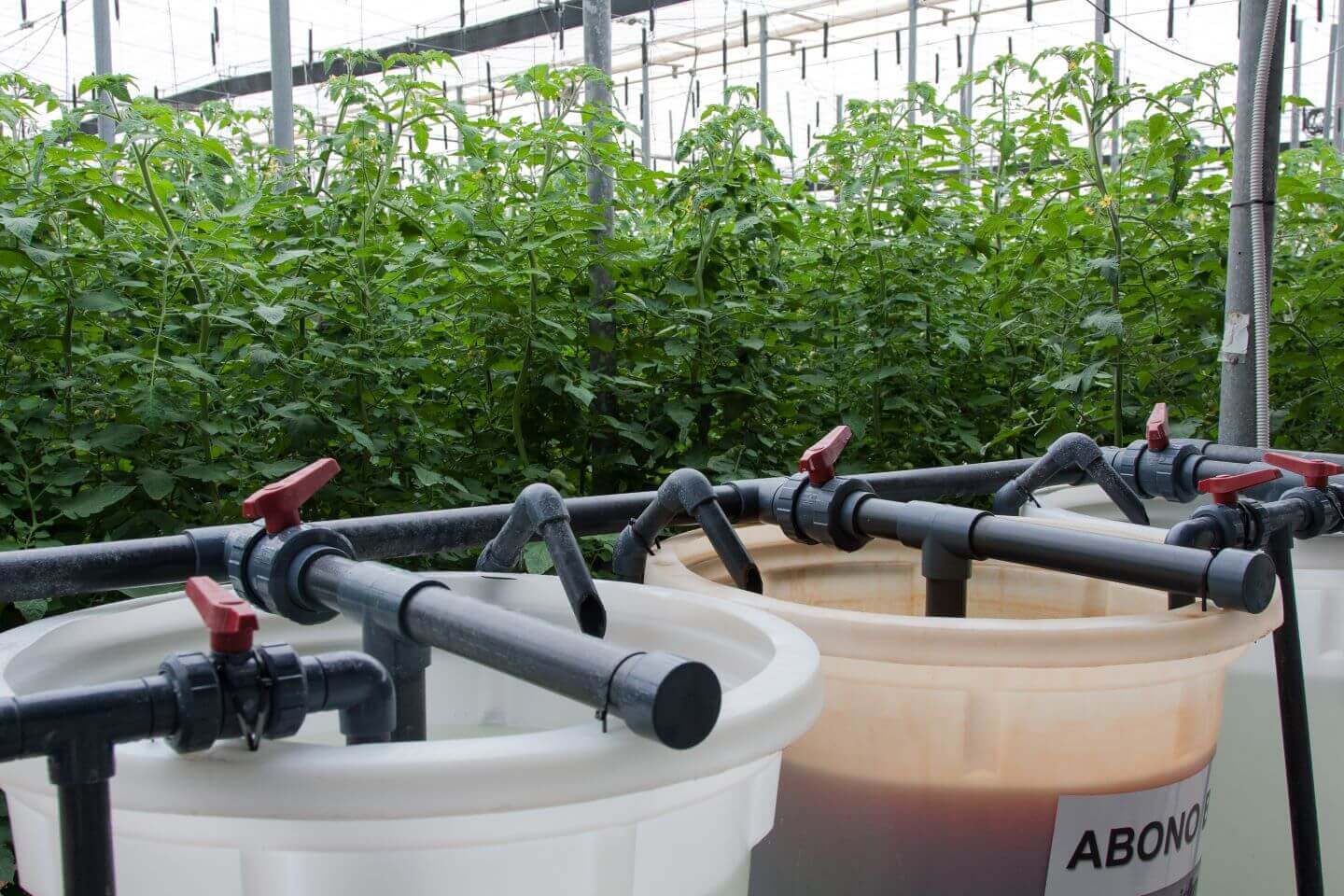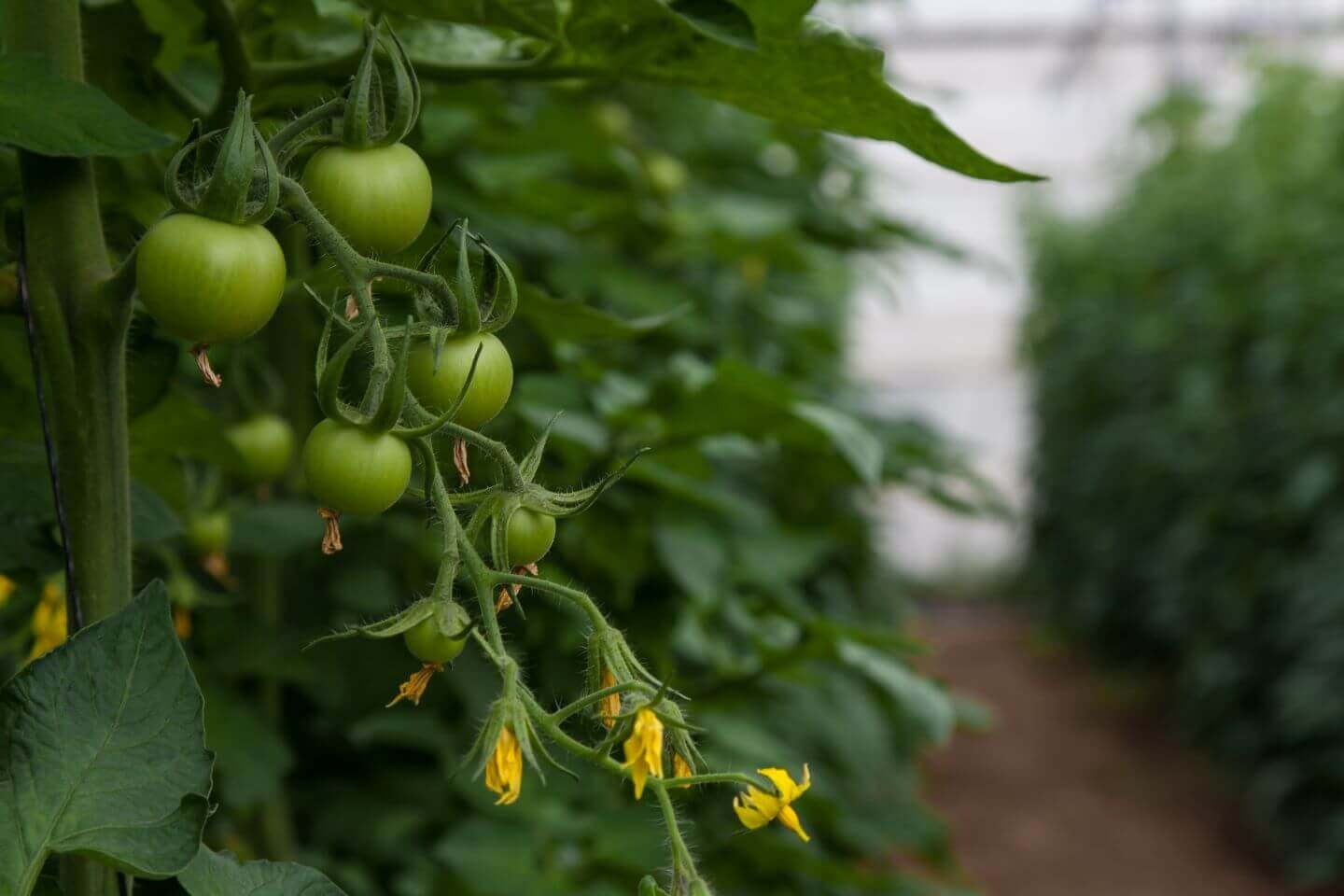Population growth estimates compel that we establish new strategies to meet food production needs, that will likely double in the next 20 to 30 years.
Consequently, in order to meet growing food needs, a modern water and energy-efficient agriculture is essential.
In this sense, Sacyr Agua leads the project Sostenibilidad, agua y agricultura en el siglo XXI (SOS Agua XXI) (‘Sustainability, water, and agriculture in the 21st century’), backed with EU funding, to research technological solutions that uphold sustainability and energy efficiency principles, and allow to develop efficient water management and treatment strategies for agriculture and green urban spaces applications.
The consortium involved in this project includes the companies Sacyr Agua, Aeromedia, Aquadvise, Bosonit, Fora Forest Technologies, Tepro Consultores Agrícolas and Valoriza Servicios Medioambientales, and the participation of research groups from the Instituto Universitario del Agua y de las Ciencias Ambientales de la Universidad de Alicante (IUACA), the Universidad de Salamanca (USAL), the Universidad Politécnica de Cartagena (UPCT), the Chemical Engineering Department of the Universidad de Alicante (UA), and a mixed work group about economics from the Universidad de Alicante and the Universidad de Alcalá de Henares (UA-UAH), and the Asociación de Investigación y Cooperación Industrial de Andalucía (AICIA).

“The solution is not simple, since the conventional water resources available for each person or activity are becoming increasingly scarce. It is necessary to adopt measures to ensure water availability in enough quantity and quality for the development of the modern and efficient agriculture needed in the immediate future”, explains Patricia Terrero, from Sacyr Agua’s Innovation Department.
SOS Agua XXI includes four main research lines:
Digitization and incorporation of new technologies
Incorporation of new digital technologies to develop the agriculture of the future: artificial intelligence, big data, machine learning, aerial and underwater drones, prediction models, etc.
In this regard, the main innovation elements focus on the following proposals: the development of a predictive index applied to hydro systems to make preventive decisions in advance and meet system demands; the development of a virtual model to show the availability of water sources, and the definition of a predictive methodology of the water footprint before irrigation campaigns.
Alternatives to improve water quality for agriculture purposes
Elimination of emerging pollutants in wastewater and sludge. Achieving this would minimize the risk of getting micro pollutants or drug traces, especially antibiotics.
Boron presence in desalinated sea water and its effects on crops and soil, as well as different methods to eliminate it will also be assessed.
In addition, we seek to research recycled water use and its effects on different crops such as rice and other tree species, such as cork tree.

Research of solutions to recovery byproducts from desalination brine: Brine Mining
Studying the possible recovery of nutrients and high added value components from brine and agriculture drainage, as well as microalgae growing and recovery.
Economic study of all the technologies and solutions assessed through the duration of the project
Parallel to all the research lines in the project, a cost-benefit analysis of all the technologies and processes studied will be conducted, with an approach focusing on the European Green Pact and the circular economy, as well as an energy efficiency, water footprint and CO2 analysis.
SOS Agua XXI, which will go on until 2024, has been approved and will be subsidized by the CDTI and supported by the Ministry of Science and Innovation through the 2021 call of the Science and Innovation Missions program, with Next Generation EU funding.
